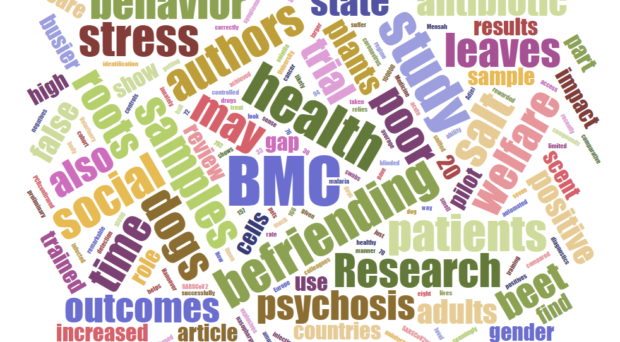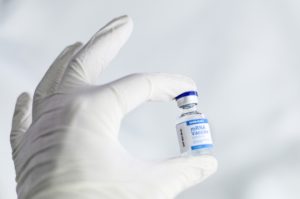
BMC Chemistry: Why do those bagels smell so good?
Have you ever walked past a baker’s shop and immediately felt hungry thanks to the lovely aroma from freshly baked bread? Smell plays an integral part in how we taste our food; if it smells good, then chances are, it’s going to taste good too. Here, Lasekan et al. looked into how the aroma of the popular bagel changed due to differences in cold fermentation time.
- Dough A (control) was allowed to develop for an hour before cooking.
- Dough B was also allowed to develop for an hour initially but was then kneaded and placed in a chiller for 48 hours before cooking.
- Dough C was treated similarly to Dough B, but the chilling time was reduced to 24 hours.
Key aroma-active compounds were collected via solvent assisted flavor evaporation and then characterized by a process called aroma extract dilution analysis.
Results showed all bagels had similar roasty, malty, buttery, baked potato-like, smoky and biscuit-like notes. However, the odor notes in the long, cold fermented bagels were more intense than those produced by the control bagels. These findings provide a basis for more research into the effect of cold fermentation on bakery products in the future.
BMC Pediatrics: Vaccinated mother gives birth to baby with SARS-CoV-2 antibodies
It is well established that newborn babies can be protected from a number of potentially fatal viruses, such as tetanus or diphtheria, though the vaccination of their mother during pregnancy; the antibodies are passed from mother to fetus though the placenta.
With vaccine rollouts now underway in many countries, it would be hoped that a similar protection against coronavirus disease 2019 (COVID-19) would occur for babies born to mothers vaccinated against the virus responsible for the disease (severe acute respiratory syndrome coronavirus 2, or SARS-CoV-2)
This has indeed been shown to be the case, as demonstrated by an exciting new case study presented by pediatricians at Florida Atlantic University. The baby, a healthy baby girl, is the first infant known to have been born to a vaccinated mother with SARS-CoV-2 IgG antibodies detected in her cord blood.
BMC Health Services Research: The influence of politics on healthcare systems
In an age where our healthcare systems are under intense pressure, it is important to look at the services offered and implement change when needed. Clarke and colleagues from the University of Birmingham recently performed a systematic review in order to discover how the use of “political skill” can contribute to changes in health services from both within and across organizations.
The review involved the analysis of 62 papers published over the last 40 years and from diverse areas of research. The findings pointed towards political skill certainly having an impact, with changes implemented via five “thematic dimensions” which include performance, awareness, influence, stakeholder engagement and influence on policy processes.
BMC Psychology: Does walking through a doorway always make you forget?
Hands up everyone who has walked into a room and then forgotten why you were there. Interestingly, this is a well-documented phenomenon called the doorway effect, which literally refers to how memory can be affected by passing through a doorway or other boundary. Research into this effect has demonstrated that people can forget items of recent significance when they pass through a physical boundary (such as walking from one room to another), imagining that they have done so (i.e. metaphysical boundary) or even when moving from one desktop window to another on a computer.
In a study recently published in BMC Psychology, a team of researchers from the Queensland Brain Institute (University of Queensland) attempted to replicate the doorway effect with the use of both virtual and physical environments. The team ran four experiments that measured participants hot and false alarm rates to memory probes for items placed in either the same or previous room. Two experiments used highly immersive virtual reality, one used passive video watching and experiment 4 involved physically moving from one room to another.
The results of these experiments showed that there was, in fact, no significant effect of doorways on a person’s memory. These findings cast doubts on how common the doorway effect actually is and also on the finding of previous studies looking into the phenomenon.
BMC Surgery – Call for papers: Collection on Robotic surgery
In order to recognize the significant growth and advancement of robotic surgery over the past few decades, BMC Surgery is welcoming original submissions on robotic surgery. The collection will be edited by an international team of Guest Editors. The collection is open for submissions until 1st April 2022.
Comments